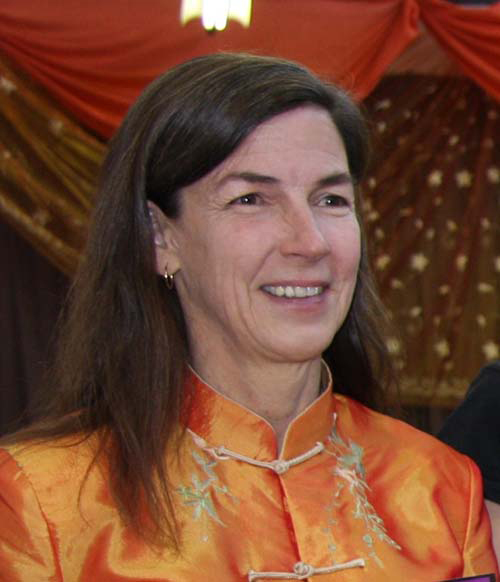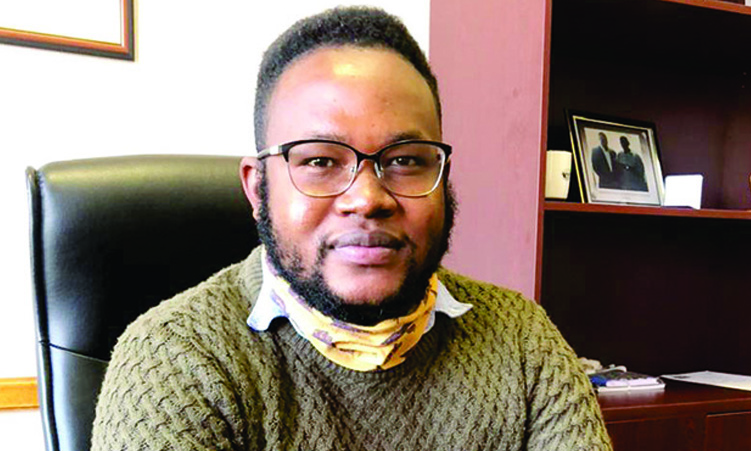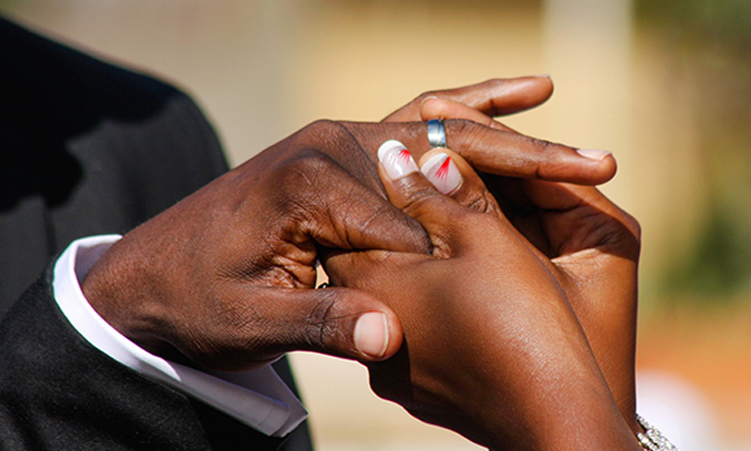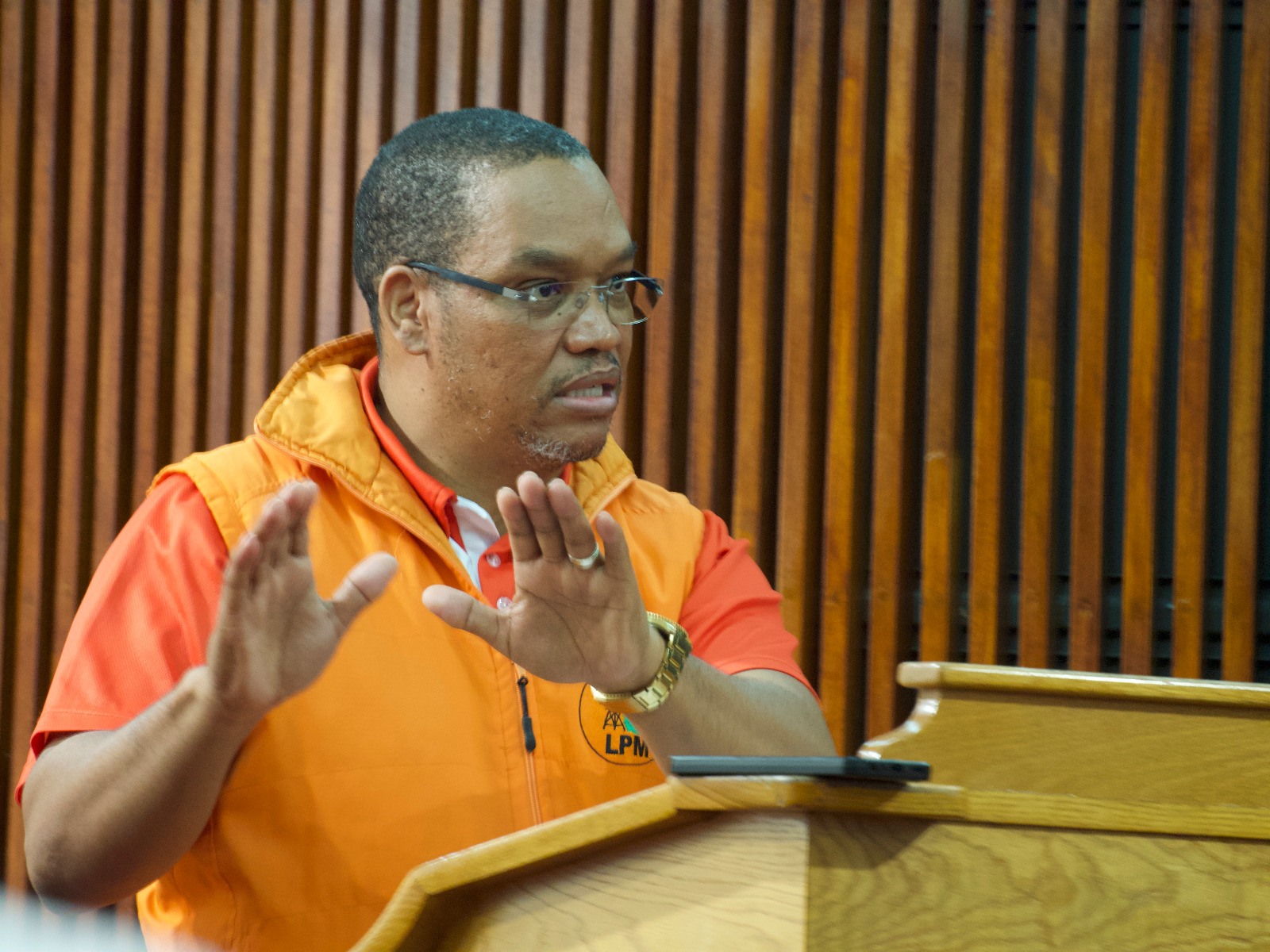Namibians intending to marry in future will have to approach the home affairs ministry three months before tying the knot.
This is to confirm that neither party is in a civil marriage.
This is contained in the marriage bill currently being debated in parliament which aims to prevent bigamy.
Bigamy is a crime associated with marrying someone while still legally married to someone else.
Lawyer Dianne Hubbard, in an opinion article last week, noted that this approach minimises cases of bigamy in the country.
She said the notice of the intended marriage will be made public, to allow anyone with knowledge of a legal impediment to lodge an objection, coupled with a criminal offence aimed at anyone who provides false information in an attempt to stop the marriage.

“The couple will also choose their matrimonial property regime at this stage – giving them time to make sure they understand the financial consequences of the marriage. This gives officials time to confirm that neither party is currently in a civil marriage, thus preventing bigamy,” Hubbard said.
She noted that the bill will also allow officials time to confirm that the parties are old enough to give independent consent to marry, or that they have obtained the necessary parental consent.
Lawmaker Maximalliant Katjimune advocated for this provision, saying it is practical and is a necessary provision to ensure that all the consequences that arise from the conclusion of a civil marriage are addressed by officials.
This includes whether both parties to the marriage are not in any other civil marriage, alongside other legal considerations.
“We believe that the provision will also aid officials in establishing whether an intended marriage to a foreigner with a Namibian is actually genuine or is for other ulterior purposes, such as obtaining domicile and permanent residency,” he said.
He argued that Namibian women are exploited on a daily basis through this practice.
“So that three months’ time frame should be enough to iron out all these issues before the conclusion of the marriage,” Katjimune added.
Namibia Economic Freedom Fighters (NEFF) deputy leader Longinus Iipumbu said the provision in the new marriage bill requiring couples to declare their intentions to marry within three months likely aims to ensure that marriages are entered into with careful consideration and mutual agreement.
“It can serve multiple purposes, such as preventing fraudulent marriages, as a waiting period can help prevent marriages of convenience or those entered into under duress or deceit. It gives authorities time to verify the authenticity of the relationship,” he said.
Iipumbu further said it ensures informed decisions are made.
“The period allows couples to fully contemplate their decision, discuss important matters related to marriage and seek premarital counselling, if necessary.” Another positive aspect the lawmaker mentioned was that the bill will allow for administrative preparedness.
“This time frame gives government agencies adequate time to process and prepare the necessary legal documentation and checks,” the NEFF deputy leader said.


He believes Hubbard’s analysis may provide more detailed insights, especially if it includes comparative perspectives or evidence-based arguments regarding the efficacy and implications of such a waiting period.
“In my view, while the intent behind the three-month declaration period appears to be rooted in safeguarding the integrity of the marriage institution, it’s important to balance regulatory oversight with respect for personal autonomy.”
He said if this period is too restrictive or if it imposes an undue burden on couples, there could be calls for adjustments to ensure that it supports, rather than hinders, the process.
TRAINING FOR OFFICIANTS
Hubbard said another green flag in the bill is the training and testing requirements for all marriage officers who are not magistrates, as anyone’s authority to act as a marriage officer can be revoked on the grounds of misconduct.
“Fees for conducting marriages will be prescribed and it will be a criminal offence for a marriage officer to accept unauthorised fees, gifts or rewards.
“Marriage officers who knowingly abuse their positions can also be charged with a range of offences,” she said.
Stay informed with The Namibian – your source for credible journalism. Get in-depth reporting and opinions for
only N$85 a month. Invest in journalism, invest in democracy –
Subscribe Now!










